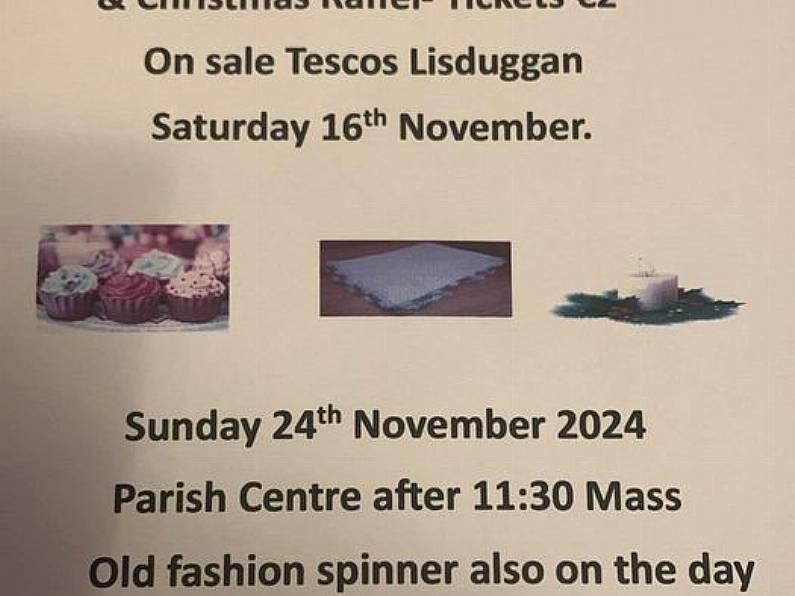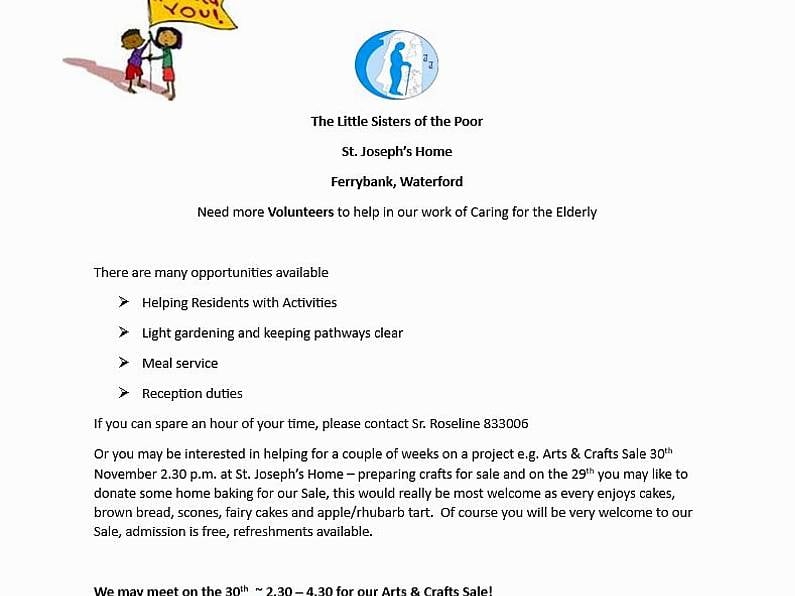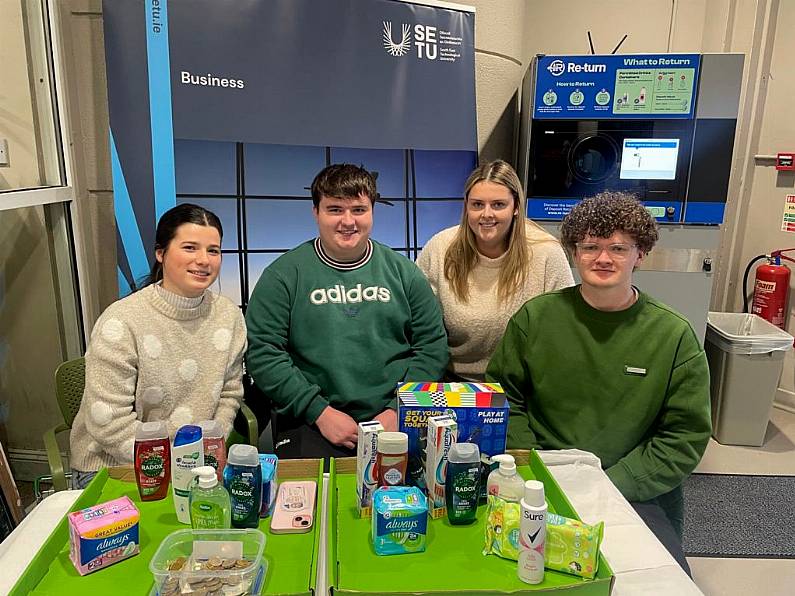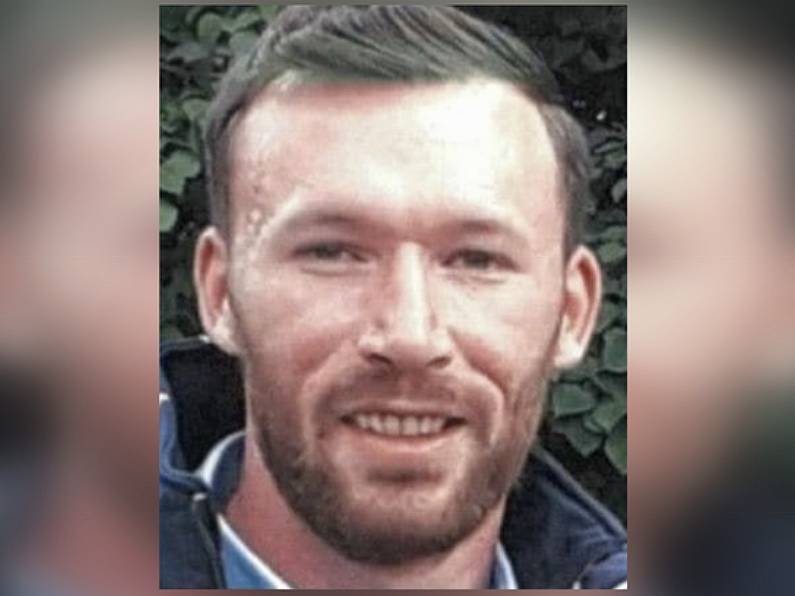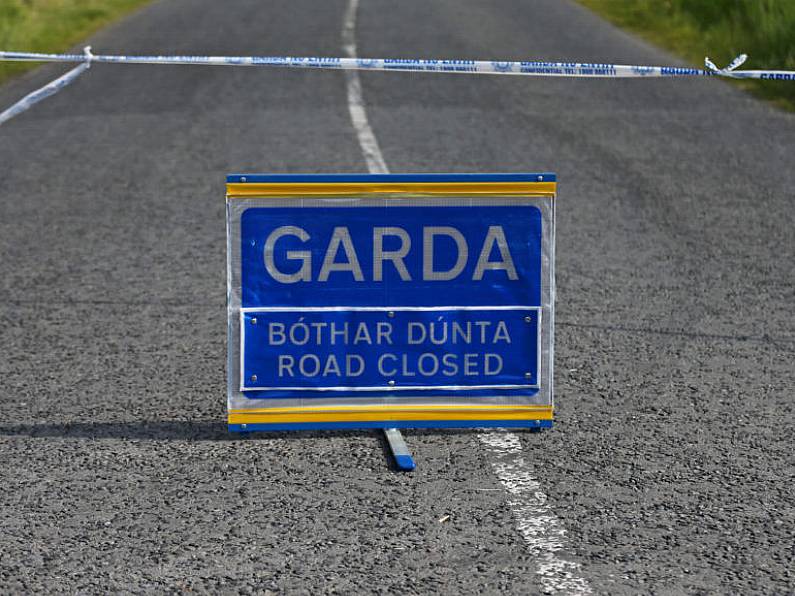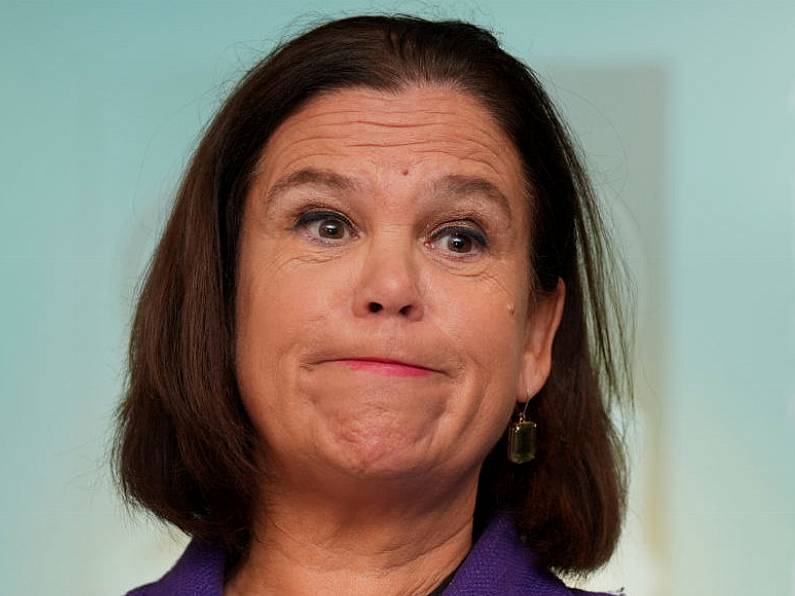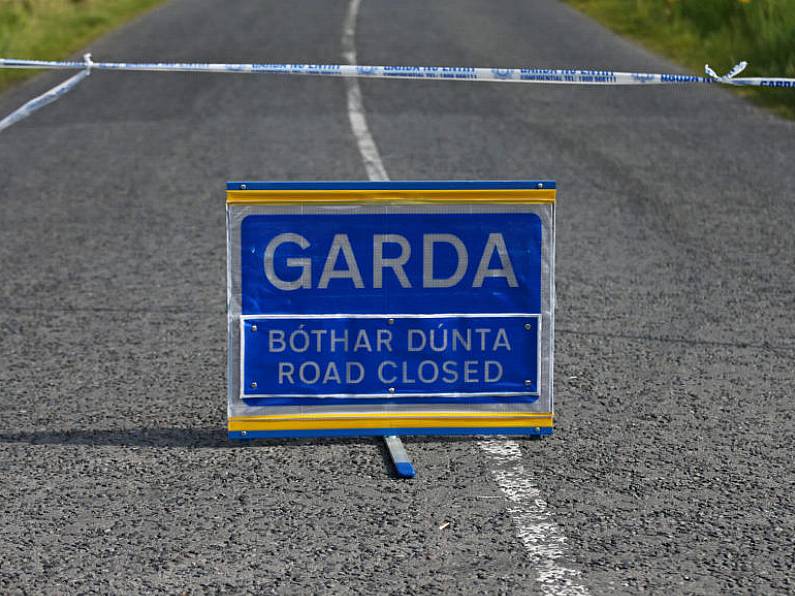By Michelle McGlynn
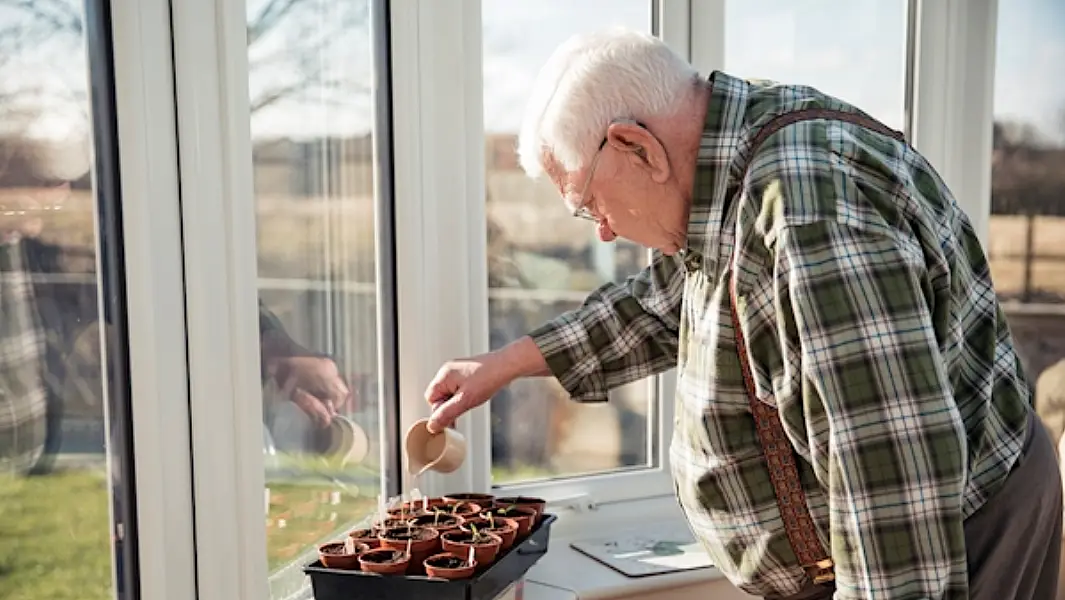
Anyone over the age of 70 is being told to stay inside as part of a new "cocooning" measure announced last night.
Cocooning is a measure to protect those over 70 years or those who are extremely medically vulnerable and it means that these people should not leave their homes.
Even in their homes they should minimise all non-essential contact with the other people in their household.
The cocooning measures are:
- strictly avoid contact with someone who is displaying symptoms of COVID-19. These symptoms include high temperature and/or new and continuous cough
- do not leave your house
- do not attend any gatherings. This includes gatherings of friends and families in private spaces for example family homes, weddings and religious services
- do not go out for shopping and, when arranging food or medication deliveries, these should be left at the door to minimise contact
- keep in touch using remote technology such as phone, internet, and social media
- do use telephone or online services to contact your GP or other essential services
- ensure you keep phones/devices charged, and have credit on your phone so that you can stay connectedIt also applies to those medically vulnerable to Covid 19, such as people with specific cancers.
Advertisement
People considered to be extremely medically vulnerable are:
- people aged 70 or over,
- solid organ transplant recipients,
- people with specific cancersa) people with cancer who are undergoing active chemotherapy or radical radiotherapy for lung cancer
b) people with cancers of the blood or bone marrow such as leukaemia, lymphoma or myeloma who are at any stage of treatment
c) people having immunotherapy or other continuing antibody treatments for cancer
d) people having other targeted cancer treatments which can affect the immune system, such as protein kinase inhibitors or PARP inhibitors
e) people who have had bone marrow or stem cell transplants in the last 6 months, or who are still taking immunosuppression drugs
- people with severe respiratory conditions including cystic fibrosis, severe asthma and severe COPD;
- people with rare diseases and inborn errors of metabolism that significantly increase the risk of infections (such as SCID, homozygous sickle cell);
- people on immunosuppression therapies sufficient to significantly increase risk of infection;
- women who are pregnant with significant heart disease, congenital or acquired.

Anyone who is unsure whether they fall under these categories should contact their GP or hospital clinician by phone.
Those who receive essential support such as healthcare, personal support with daily needs or social care can continue to receive these.
Carers and care workers are advised to properly wash their hands on arrival at the person's home and to do so frequently while they are in the household. Should a carer or care worker develop and symptoms they must stay away.
Where possible, a list of alternative people who can help with care should be ready in the case that the main carer becomes unwell.
Those living with someone who is cocooning are not required to follow the same measures but should do everything they can to support those who are including following guidance on physical distancing and reducing contact outside the home.
Health Minister Simon Harris says there will be supports for the elderly.
"A lot of people will have family and it is ok for family to drop your messages to you but we need to respect the social distancing - drop the food outside and that sort of thing.
"A lot of our food companies and supermarkets are doing delivery services and I expect more of them to make announcements on that over the weekend so that is also an option."
Where these are not options for people, the Government is putting in place assistance through local authorities, working with the voluntary sector service to ensure access to food, essential household supplies and medicines.
Contact details will be published by each local authority.
Minister Harris has also reminded people of the helpline provided by ALONE which operates seven days a week from 8am-8pm and can be reached at 0818 222 024.
The support line complements the clinical advice being provided by the HSE through its website hse.ie.
Isolation, reduced physical exercise and the unpredictability of the current situation can cause increased stress and anxiety and those who are cocooning are reminded that they should take care of their mental health as well as their physical health.
People should try to move around as much as possible within their home and to make use of their garden if they have one.
Opening windows to allow fresh air in can be helpful and sitting somewhere that provides a nice view and natural sunlight is also beneficial.
People should continue doing things that they enjoy that can be done from home such as cooking, reading and other indoor hobbies.
It is important to continue to eat healthy, well-balanced meals and stay hydrated.
Try to stay in touch with family, friends and neighbours either by phone or online. Let others know the best way to reach you and try to create a routine.
You can also call the Samaritans on 116 123.
Further details on the Government advice regarding cocooning can be found here.






